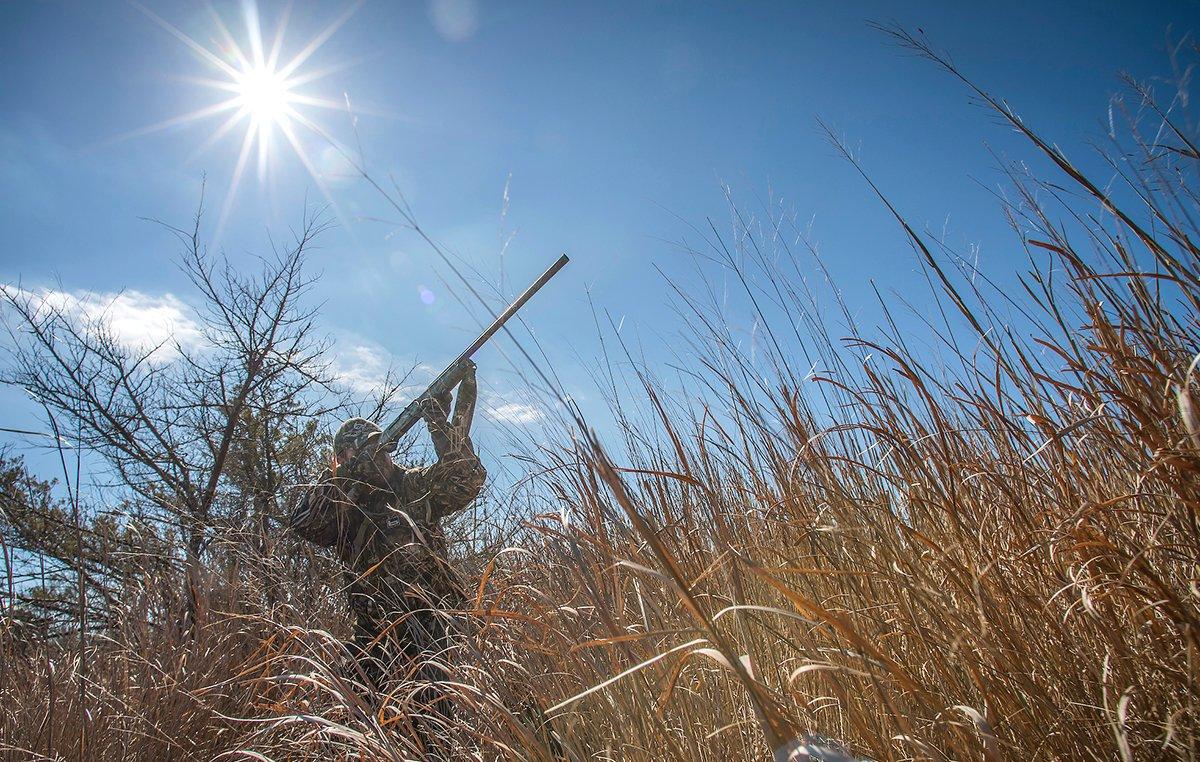Sometimes, Second-Shift Setups Can Produce Great Results
Jim Morrison wrote, I tell you this. No eternal reward will forgive us now for wasting the dawn.
Waterfowl hunters heed that wisdom.
Usually.
Admit it. You've slept in here and there during the season, whether you missed an alarm or were just exhausted. And sometimes, although you should typically be set up and ready at first light, sleeping in works out or even provides an advantage.
Let's examine five waterfowl hunting scenarios in which the snooze button is your friend.
Weather Afoot
Folks love to say that diving ducks often fly best from 8 a.m. till noon. The ducks often have different ideas, especially if they've been gunned or temperatures are warm.
Still, when the weather changes abruptly or massive front brings wave after wave of fresh ducks into the area, midday or afternoon hunting works just fine. Wind and falling temperatures will keep divers on the move. If it's snowing, bring an extra box of shells. Yeah, you can do well by hunting at the opening bell during such conditions. If the weather shift is strong enough, however, you might not need to.
Jump-Shooting
This might be the quintessential midday hunt. Geese and puddle ducks have returned to water after early-morning feeding forays and loaf the day away at secluded ponds, sloughs, streams and backwaters. You can sleep late, have a good breakfast and then jump-shoot them when the sun is high.
This tactic works best for creeks, sloughs or stock ponds, where you can use terrain and other cover to slip close to sharp-eyed birds. And it requires some effort, as you'll have to walk or paddle relatively long stretches of water to find flocks. Still, you'll be well-rested as you travel.
Evening Field Hunts
Assuming geese and puddle ducks are in a typical two-feeding-flights-per-day routine, an evening field hunt can be just as productive as a morning outing. Just remember that morning hunts offer more wiggle room, as you have several potentially productive hours to shoot. Evening trips can get tight if birds don't fly until just before dark.
In some situations, evening field hunts can be better than morning excursions. During the late season, pressured Canada geese might only make one feeding flight per day, often right before dark. Or, as with big-water divers, an abrupt weather shift or precipitation might prompt birds to hit the feed bag early and hard during the afternoon.
Evening Water Hunts
Ducks typically get active during the final hour of daylight as they leave feeding or loafing spots and head to roost. Hunting your favorite lake, marsh or river during that golden hour can be extremely productive.
Disclaimer: I'm not trying to stir the pot about roost-hunting — a practice that many folks regard as an anathema because they believe it drives waterfowl out of an area, ruining hunting opportunities for everyone. Just use your head. If a prairie pothole is holding 1,000 mallards and honkers every night, it's wise to leave that water alone and let birds roost in peace, hoping instead to target them at ag fields and smaller sloughs. But if you hunt a lake where two-dozen mallards typically spend the night, you won't hurt much by gunning a few birds there once per week.
Frigid Late-Season Weather
When snow and ice cover the landscape and concentrate birds in remaining open water or near food sources, midday hunting can be great. Birds might fly consistently throughout the day, whether at hot corn fields or along open river systems. Admittedly, hunting during this time can also be fabulous first thing in the morning. However, you shouldn't feel too bad about catching a few extra minutes of sleep when the mercury plummets.
Late Might be OK
Get your hind end out there early this season. You won't regret it. But if conditions warrant, take a rest day now and then. The birds might be waiting for you.
Click here for more Realtree waterfowl hunting content. And check us out on Facebook.








